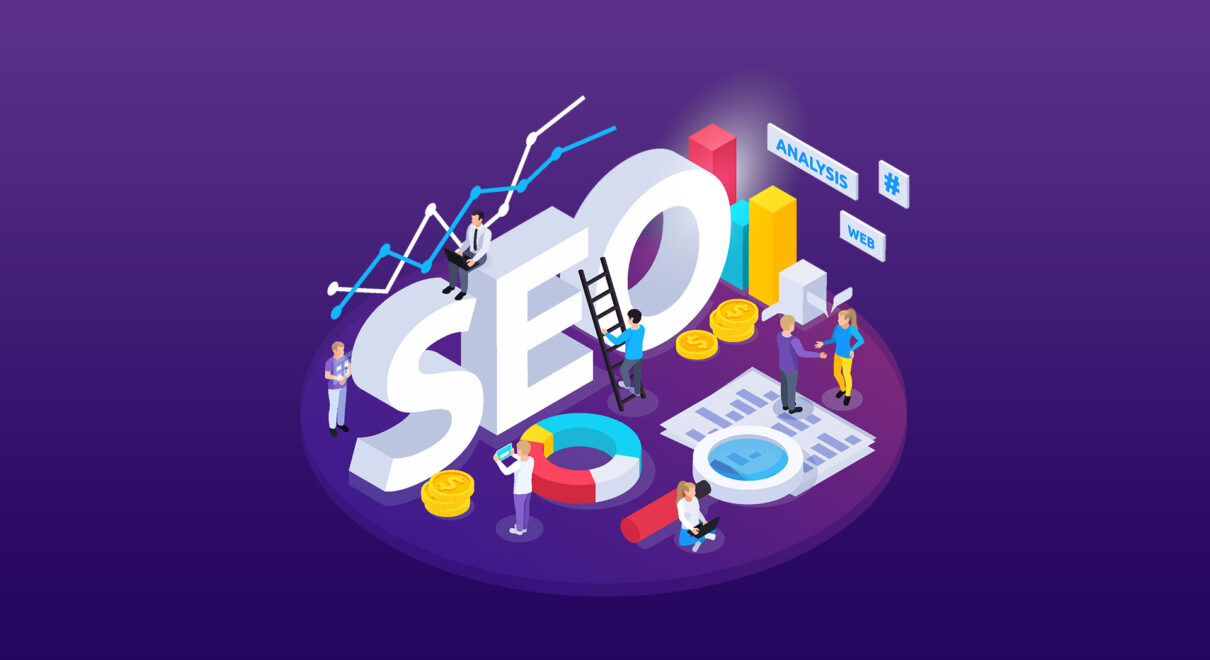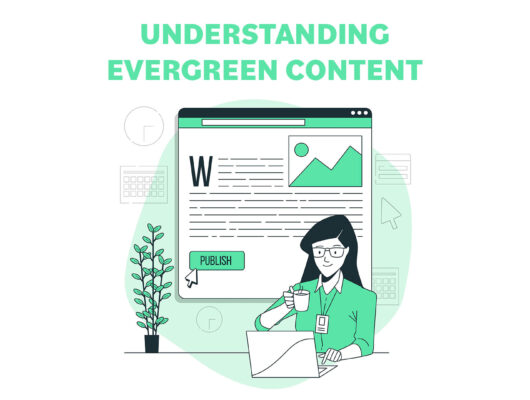You have heard SEO a hundred times. But do you really know what is SEO and why is it important? Maybe you have a basic understanding of what it is. However, you need professional help as you may still not have a solid grasp on this complex and multifaceted process.
SEO stands for “search engine optimization.” It is the process of optimizing a website or web page to improve its visibility in search engine results pages (SERPs). When a website or web page is optimized for search engines, it is more likely to rank highly in the SERPs for relevant keywords or phrases, which can increase the chances that the website or web page will be visited by users.
Many different factors can impact a website’s or web page’s ranking in the SERPs. These include the quality and relevance of the content on the website or web page, the structure and organization of the website or web page, the use of keywords and phrases, the presence of external links pointing to the website or web page, and the overall user experience of the website or web page.
Why SEO Is Important?
SEO is important because it can help a website or web page attract more qualified traffic from search engines. This can lead to increased brand awareness, higher levels of engagement with the website or web page, and ultimately, more sales or conversions.
SEO is important for several reasons:
It helps improve the visibility of a website or web page in search engine results pages (SERPs). When a website or web page ranks highly in the SERPs for relevant keywords or phrases, it is more likely to be visited by users.
It can help attract more qualified traffic to a website or web page. By optimizing a website or web page for relevant keywords or phrases, it is more likely to attract visitors who are searching for the products, services, or information that the website or web page offers.
It can improve the user experience of a website or web page. By making a website or web page easy to navigate and use, and by providing high-quality, relevant content, SEO can improve the overall user experience of a website or web page.
It can help increase brand awareness and credibility. When a website or web page ranks highly in the SERPs, it can help build trust and credibility with users, which can in turn help increase the visibility and reputation of the brand.
It can lead to increased sales or conversions. By attracting more qualified traffic to a website or web page, and by improving the overall user experience, SEO can help increase the chances of a user taking a desired action, such as making a purchase or filling out a form.
The Crucial Elements of SEO Marketing
There are several crucial elements of SEO (Search Engine Optimization) marketing:
Keywords: Identifying and using relevant keywords in your website’s content and meta tags is essential for helping search engines understand what your site is about.
Content: Creating high-quality, valuable, and informative content that is relevant to your target audience is important for both user engagement and search engine ranking.
On-page optimization: This refers to the process of optimizing individual web pages in order to rank higher and earn more relevant traffic in search engines. On-page optimization includes elements such as page titles, header tags, and meta descriptions.
Technical SEO: This refers to the practice of optimizing your website’s technical features to improve its visibility and ranking in search engine results. This includes things like website speed, mobile-friendliness, and indexability.
Backlinks: Obtaining high-quality backlinks from other websites is an important factor in SEO. Backlinks are links from other websites to your website, and they demonstrate to search engines that your website is trustworthy and relevant.
User experience: Providing a positive user experience, including fast loading times and a mobile-friendly design, is essential for keeping visitors on your site and reducing bounce rates. This can also have a positive impact on your search engine rankings.
Local SEO: If your business serves a local area, it is important to optimize for local search results. This includes claiming your Google My Business listing, creating local citations, and using local keywords.
SEO marketing involves using these elements to improve the visibility and ranking of your website in search engine results, to attract more qualified traffic to your site.
Off-Page SEO
Off-page SEO refers to the activities that you perform outside of your website to improve its ranking in search engine results pages (SERPs). These activities include things like link building, social media marketing, and influencer outreach. The goal of off-page SEO is to show search engines that your website is popular, relevant, and trustworthy, which can help improve its ranking in search results.
Some specific techniques that are commonly used in off-page SEO include:
Link building: This involves acquiring links from other websites that point to your website. Search engines use links as a way to gauge the popularity and relevance of a website, so having a lot of high-quality links pointing to your site can help improve its ranking.
Social media marketing: By promoting your website and its content on social media platforms, you can increase its visibility and attract more visitors. This can also help improve your search ranking, as search engines may consider social media activity as a signal of a website’s popularity.
Influencer outreach: By reaching out to influential people in your industry or niche and getting them to share your content or link to your website, you can increase the reach and credibility of your website.
Overall, off-page SEO is an important part of a comprehensive SEO strategy and can help improve the visibility and ranking of your website in search results.
Local SEO
Local SEO refers to the process of optimizing a website to rank highly for local search queries. It is an important aspect of search engine optimization (SEO) for businesses that serve a local market or that have a physical location that customers visit.
There are a few key elements that are important for local SEO:
Google My Business listing: Claiming and optimizing your Google My Business listing is one of the most important things you can do for local SEO. This includes making sure your business information (such as your name, address, and phone number) is accurate and consistent across the web and adding photos and other relevant information to your listing.
On-page optimization: Optimizing the content and structure of your website for local search queries is important for local SEO. This includes including local keywords in your page titles and headings and making sure your website includes information about your business’s location and contact information.
Backlinks: Getting other websites to link back to your website can help improve your website’s local SEO. This can be achieved through a variety of tactics, such as guest blogging and broken link building.
Online reviews: Encouraging customers to leave positive reviews of your business on review websites, such as Yelp or Google My Business, can help improve the credibility and visibility of your website for local search queries.
It’s important to note that local SEO is just one part of a comprehensive SEO strategy. In order to achieve the best results, it’s necessary to also focus on on-page SEO (optimizing the content and structure of your website) and technical SEO (optimizing the technical aspects of your website, such as site speed and mobile responsiveness).
Search Engine Marketing
Search engine marketing (SEM) is a type of digital marketing that involves promoting websites and online content through search engines. SEM includes a range of activities, such as search engine optimization (SEO), paid search advertising, and local SEO.
SEO involves optimizing the content and structure of a website to improve its visibility and ranking in search engine results pages (SERPs). SEO involves a range of tactics, such as keyword research, on-page optimization, and link building.
Paid search advertising involves placing ads on search engine results pages to drive traffic to a website. These ads are typically shown at the top or bottom of the SERPs and are marked as “ads” to distinguish them from organic search results. Advertisers bid on keywords that they want their ads to show up for, and the higher the bid, the more likely the ad is to be shown.
Local SEO involves optimizing a website to rank highly for local search queries. This includes optimizing a business’s Google My Business listing, including local keywords in website content, and encouraging customers to leave reviews on review websites.
SEM can be an effective way to drive traffic and generate leads for a business. By optimizing a website for search engines and running paid search ads, businesses can increase their visibility and reach a wider audience.
SEO Tools
Below is a list of helpful tools that facilitate the SEO efforts.





